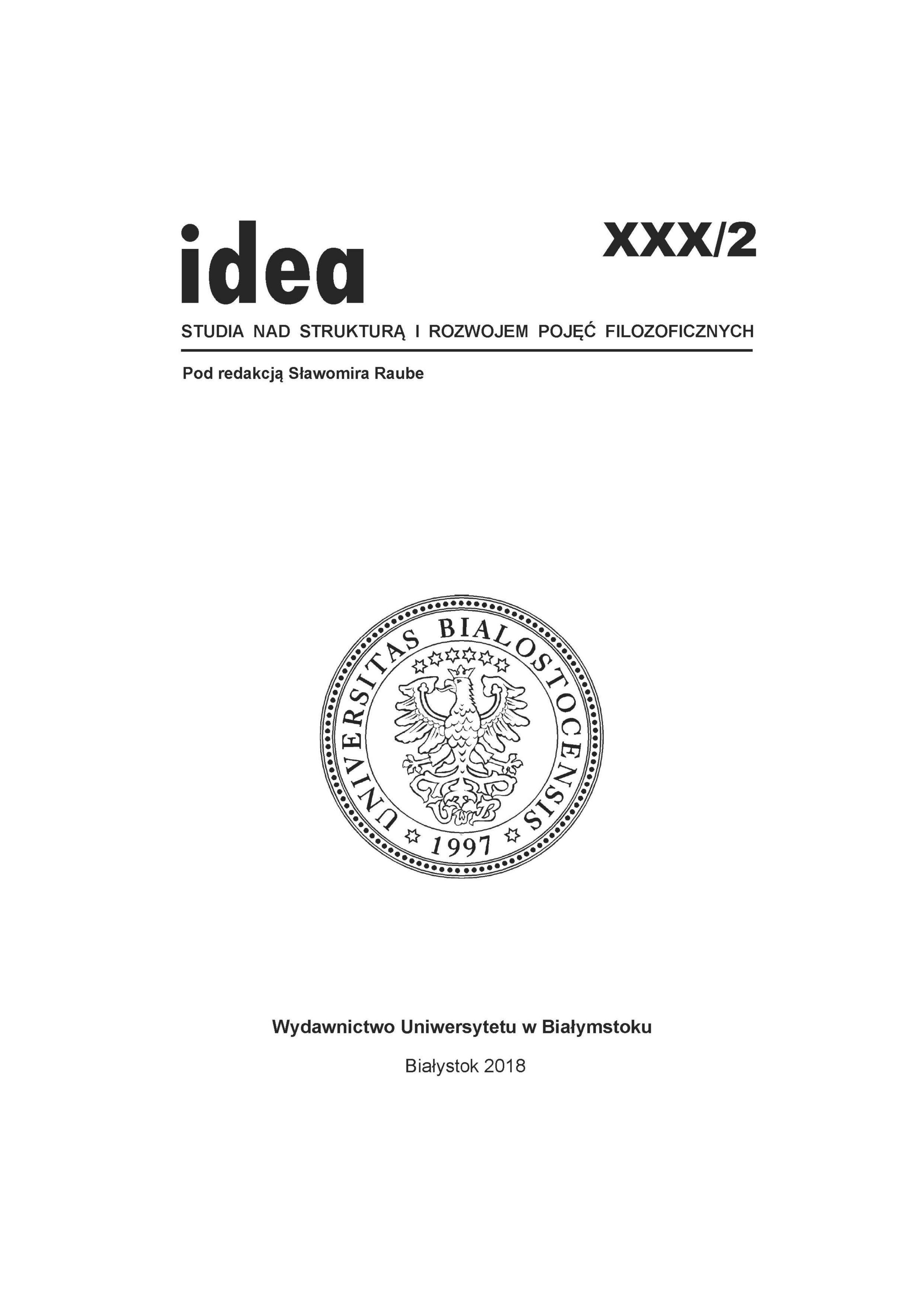On freedom in the times of Economic Crisis – A Close Reading Of Margaret Atwood's The Heart Goes Last
On freedom in the times of Economic Crisis – A Close Reading Of Margaret Atwood's The Heart Goes Last
Author(s): Ewelina Feldman-KołodziejukSubject(s): Language and Literature Studies, Studies of Literature, Other Language Literature
Published by: Wydawnictwo Uniwersytetu w Białymstoku
Keywords: freedom; free will; dystopia; economic crisis; pornography; Margaret Atwood
Summary/Abstract: In her fifth dystopian novel, The Heart Goes Last, Margaret Atwood portrays North America in the not so far future, in the wake of a global economic crisis. Parts of the country are in the state of complete chaos, subjected to a ruthless gang rule. The solution to the system's breakdown comes in the form of the socio-economic experiment that requires from its participants relinquishing their freedom as every other month they will spend in prison. The seemingly preposterous experimental project enables Atwood to explore principal questions about the limits of our freedom in the times of an economic crisis or a neoliberal model of economy. The satirical form the novel takes, especially towards its end, helps the writer to decry people's over-willingness to give away their freedom and civil liberties in exchange for happy, uninterrupted consumption. The following article aims to demonstrate that the notion of freedom and free will permeate The Heart Goes Last, which is, in that respect, a politically and socially engaged satire.
Journal: Idea. Studia nad strukturą i rozwojem pojęć filozoficznych
- Issue Year: 2/2018
- Issue No: XXX
- Page Range: 137-154
- Page Count: 18
- Language: English

